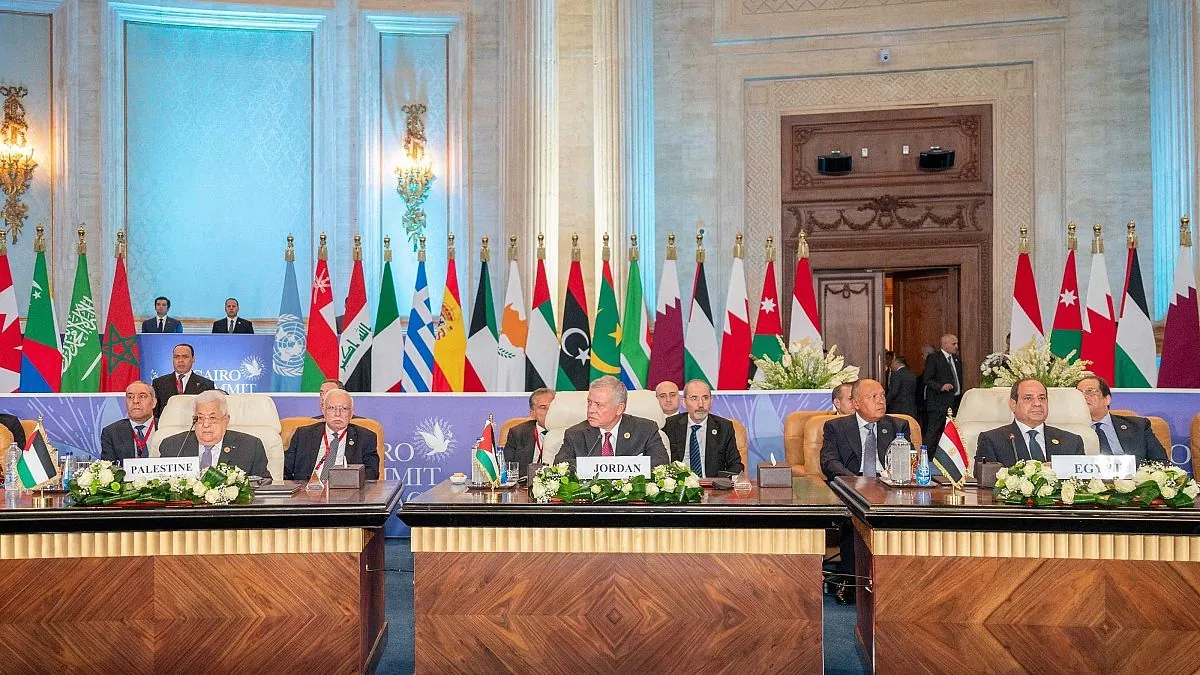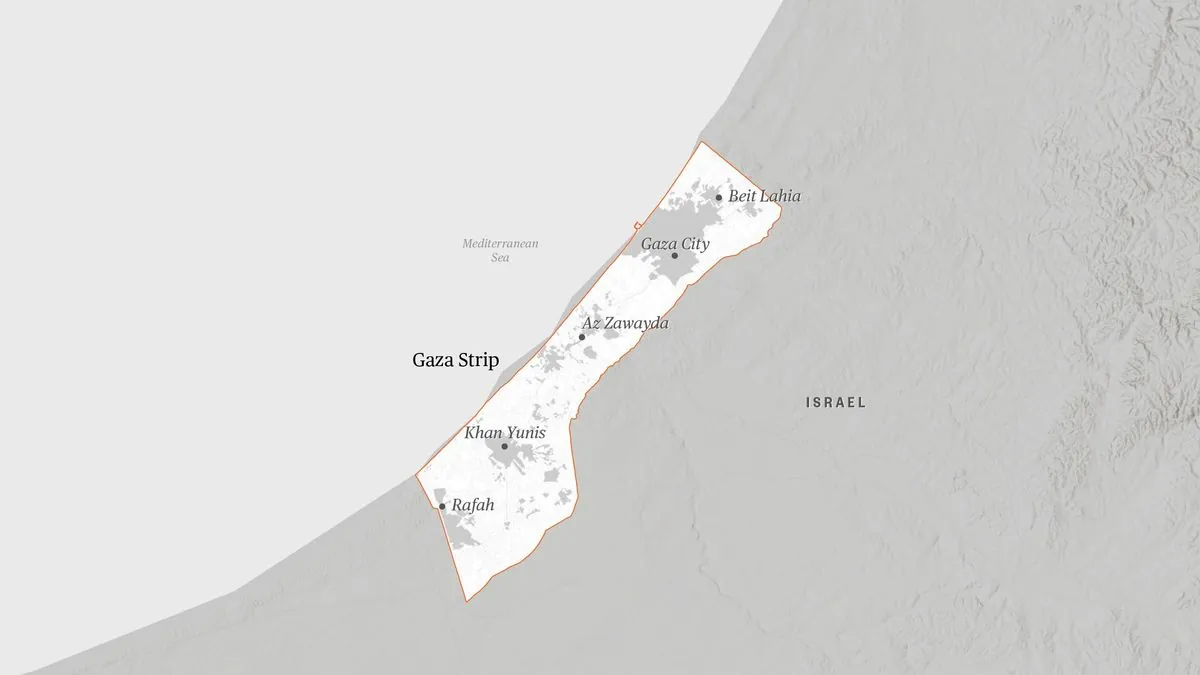U.S. Optimistic About Gaza Peace Talks Despite Hamas Hesitation
The U.S. State Department expects Gaza peace negotiations to proceed as planned, despite Hamas expressing doubts. Officials remain hopeful for a ceasefire deal, urging all parties to return to the negotiating table.

The United States remains optimistic about the progression of Gaza peace talks, despite recent uncertainties. The State Department has expressed confidence that negotiations will continue as scheduled, even as Hamas has voiced reservations about participating in the upcoming meeting.
On August 12, 2024, U.S. State Department deputy spokesperson Vedant Patel addressed reporters, stating, "We fully expect talks to move forward, as they should. All negotiators should return to the table and bring this deal to conclusion." This statement comes in response to Hamas' request for mediators to present a plan based on previous discussions rather than engaging in new negotiations.
The Gaza Strip, a region of approximately 365 square kilometers bordering Egypt and Israel, has been under an Israeli-Egyptian blockade since 2007. It is one of the most densely populated areas globally, with a predominantly young population and a median age of about 18 years. The area faces significant challenges, including high unemployment rates and limited access to clean water and electricity.
Last week, leaders from the United States, Egypt, and Qatar urged Israel and Hamas to convene on August 15, 2024, in either Cairo or Doha to finalize a ceasefire and hostage-release agreement. The U.S. administration remains committed to facilitating these talks, building on the three-phase ceasefire proposal presented by President Joe Biden on May 31, 2024.
The ongoing conflict has had devastating consequences. On October 7, 2023, Hamas fighters launched an attack on southern Israel, resulting in the deaths of 1,200 people, mostly civilians, and the capture of over 250 hostages. In response, Israel initiated a military offensive in Gaza, which has led to nearly 40,000 Palestinian casualties, according to the local health ministry.

Despite the challenges, the U.S. State Department maintains that a ceasefire deal remains possible. Patel declined to specify whether the talks would proceed without Hamas or if Washington was working with regional partners to ensure their participation.
The Gaza Strip, governed by Hamas since 2007, is considered occupied territory by the United Nations. Its economy relies heavily on agriculture, with citrus fruits being a major export. The region also boasts a rich archaeological heritage, including ancient Greek and Roman ruins, which contrasts starkly with its current humanitarian situation.
As negotiations continue, the international community watches closely, hoping for a resolution that can bring peace and stability to this troubled region. The success of these talks could have far-reaching implications for the Gaza Strip's future, potentially improving living conditions for its residents and fostering regional cooperation.


































